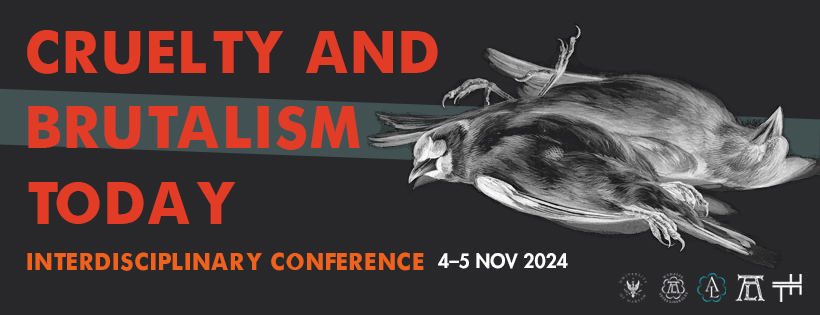Ivan Dimitrijević
(University of Warsaw)
Abstract:
In Horrorisms Adriana Cavarero had implicitly pointed at the fact that the victim of cruelty is characterized by defenselessness (inermità, literally: “being without arms”). The defenseless status of a person can be either situational (in the event of being at mercy of someone) or ontological, as in the case of an infant. Given that Cavarero argues that human being is structurally dependent and relational and, as such, defenseless by nature, this means that there are no boundaries to cruelty to be found except for the force of the political power (law, sovereignty, state apparatus). In this paper I aim to explore the limits to cruelty by taking into account its opposites: pity and sympathy. By considering the pre-institutional praxis of the “Homeric society”, I will argue that pity posits a potential limit to cruelty even when legitimate power commanding compassion and refrainment from excessive violence is missing. On the other hand, the modern concept of cruelty is semantically and logically linked to the concept of sympathy. I will argue that modern cruelty and its opposite are potentially limitless, given that one can act cruelly in order to empower or impose sympathy among human beings: to be cruel towards a cruel person equals to showing sympathy towards mankind, to being just. The sympathy, developed by Scotch moralists in order to counter Hobbes’s possessive individualism, operates as a moral force of socialization and makes the cruelty appear uneconomic. A cruel deed can be defined as an action without profit. Here lies the reason why some anti-capitalist thinkers have tried to reevaluate cruelty – as in the case of Artaud’s Theatre of Cruelty in which cruelty is a “Nietzschean” force that shatters false realities.
Bio:
Ivan Dimitrijevic teaches philosophy at the Faculty of “Artes Liberales”, University of Warsaw. His research interests include political philosophy, philosophy of praxis, and conceptual history. His last works have been devoted to the conceptual history of political and practical aspects of concepts of madness, work and movement: Critique and Care: Madness Before and After Basaglia (2022, in Italian), Dispute on Work (2022, in Polish) and To Go and to Arrive at the Same Time: Four Essays in the Critique of Therapeutic Politics (2023, in Polish).
